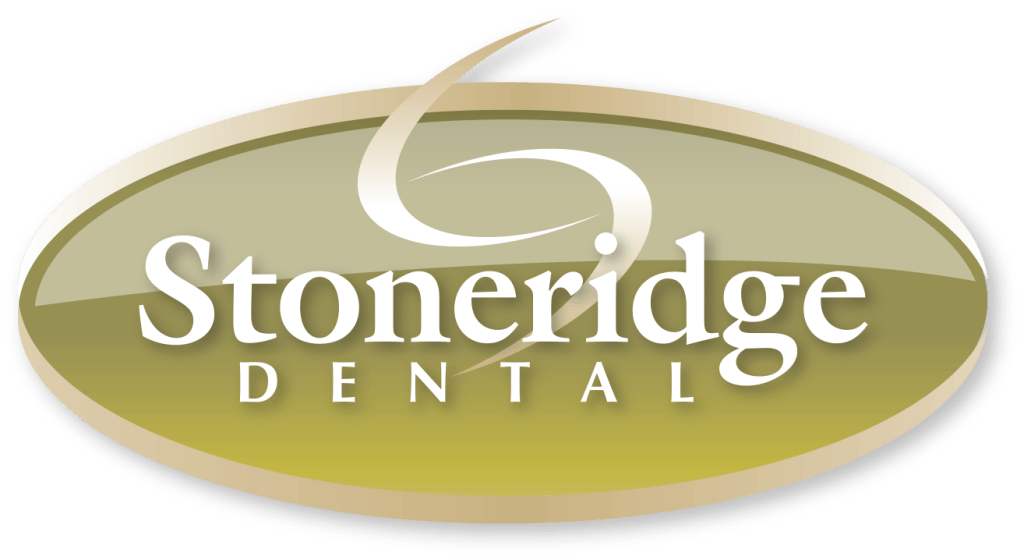The key points to maintain a healthy smile for life is healthy diet, daily hygiene & safety measures, routine check-ups, awareness and taking steps to make corrections. We help give you the tools to have healthy gums and teeth.
Prevention is obviously a great way to stay healthy so in terms of dentistry what services and treatments are considered preventative dental care?
Dr. Anthony Bielkie: We spend so much time running and going to the gym and eating right and when we hear prevention we don’t know exactly what that necessarily means in dentistry. One of the things that we don’t always discuss is that at every one of our examinations we do an oral cancer screening. We’re looking for any lumps, bumps or ulcerations that don’t belong there.
The mouth is really a window to the rest of the body. We’re looking for any jaundice, liver issues. We can find certain virus issues. We can find multiple different kinds of cancer issues that are in the mouth but what a lot of people mainly consider and is also very important is looking for any gum disease.
There are links to gum disease in low birth weight babies. There are links with heart disease. There’s no question that an infection in your mouth will affect your overall body. Anything that we can do to help prevent the teeth from clenching and grinding like bite splints or bite guards prevent wearing problems by orthodontic treatment. Good cleanings to make sure if we find any problems with the way so many of you are brushing. Sometimes a deep cleaning to get rid of the pathogens or the bacteria around the gum tissues to keep everything nice and healthy.
There’s a wide range of things that we look at. We also evaluate the tempomandibular joint and make sure there’s no popping, clicking or pain issues that need to be corrected or looked at.
Why is it important to get dental x-rays? What other issues are dentists checking for that you can’t see or feel at home?
Dr. Anthony Bielkie: Interesting you ask that question. I was just at a conference this past weekend about all the different advantages to radiography and the different things outside of the typical looking for tooth decay and impacted wisdom teeth that the dentist can find. It was sort of amazing how many dentists have found low-grade cancers on a Panorex x-ray where you can see that parts of the maxillary sinus look irregular.
We can’t always diagnosis exactly what it is but one of the things is that we look at 50 to 100 x-rays a day and we definitely can pick up things that aren’t normal for everybody else that will just help us learn to investigate into things that we need to look at more closely.
We also can see impacted wisdom teeth or it could be damaging other teeth and tooth decay which really very seldom does someone come and tell us they have a cavity. By the time they come see us and tell us they have pain, they have something much more serious and it’s usually more like a root canal or a tooth removal.
Preventative x-rays really help us and the amount of radiation has really been reduced with digital radiography. It is very safe. When properly diagnosed it can potentially be life-saving.
Besides routine dental check-ups and using dental floss what are a few really good dental habits to adopt?
Dr. Anthony Bielkie: Obviously diet is very important. We want to stay away from things that are very acidic and most of the things that taste good are very acidic; Diet Coke, orange juice, lemonade. All of those can be used and consumed at reasonable amounts but we need to be careful. It’s amazing sometimes when we do diet consultations that people tell us they have 14 Diet Cokes in a day or coffee with sugar all day long. Some of those things can really be a problem.
One of the things that we can do to really help prevent problems is wearing our appliances as we are supposed to. Wear your retainer if you had orthodontics. Wear a bite-guard if you clench your teeth. Let us know if something doesn’t feel right when you’re flossing. Frequently people can say, “Oh you know, everything was fine and then the last few months it felt funny when I floss there but I knew I was coming in for my cleaning.”
It’s always better to come in and let us know everything looks great as opposed to saying, “Yeah, I knew I should have come in three or four months ago.” Your dentist should be your friend and you should be able to come in. We hope that we can tell you, “Don’t worry, everything’s all right.”
What are some bad habits to avoid?
Dr. Anthony Bielkie: The biggest is the diet. That’s something we all know. There’s certain foods that we shouldn’t eat. If we do, we need to brush. The really sticky chewy foods for kids, the amount of sugar that we’re eating is way more than needs to be done. Not only for their teeth but for their overall health. We can also then get to smoking, smokeless tobacco, snuff, chew – these things are really tough.
I can’t believe how many times I see people open potato chip wrappers with their teeth or pistachio nuts or use their teeth to hold things. I just cringe inside because I see what happens every day of things and they go, “Yeah I knew when I was doing it, I shouldn’t have and I …” Please take care of those beautiful pearly whites.
We used to just think two generations ago you only need them to get into 40 and then we’re going to pull them out and make dentures. Now we have patients in their 90s, they have their own teeth. That’s really important. If I can stress one thing that people tell me that are in their 90s, “If I knew I was going to live this long, I would have taken better care of my teeth.”
Do you recommend using a Bite Guard to protect teeth from night-time clenching or grinding?
Dr. Anthony Bielkie: Absolutely. We make bite-guards for a number of groups of different people. Some people have actual headaches and pains and it’s been FDA approved to help fight multiple headache scenarios. Some people have shown that the TMJ issues can be trigger points for migraines.
Just making a bite splint may not take care of your migraines but if it can help stop some of the trigger points, hopefully it can help you with that. Also some people that clench their teeth, they clench their teeth all night long and we see wear facets and grinding on their teeth. I really can’t think of a reason not to have a night guard except there are some costs associated with it. For some people, it’s difficult to sleep with. Anything in their mouth seems to cause them being a little bit uncomfortable.
I can tell you for more people that don’t like it, they absolutely love it. The old expression, “You don’t know what you don’t know until you know.” We make them a bite splint and they just feel like they sleep so more rested. There’s also been many studies that clenching and grinding can cause some gum problems or periodontal disease as well as the chipping and general cold sensitivity. It’s a nice, easy preventative. We take an impression, we get it to you within a week or two and if your dentist thinks that you’re doing a lot of grinding or wearing, you can feel free to ask them. Most dentists are going to recommend that as a preventative appliance.
Learn More
If you are interested in speaking with Dr. Anthony Bielkie, visit www.stoneridgedental.com or call 586-739-6400 to schedule an appointment.
Click here to receive more information & to schedule your consultation.



